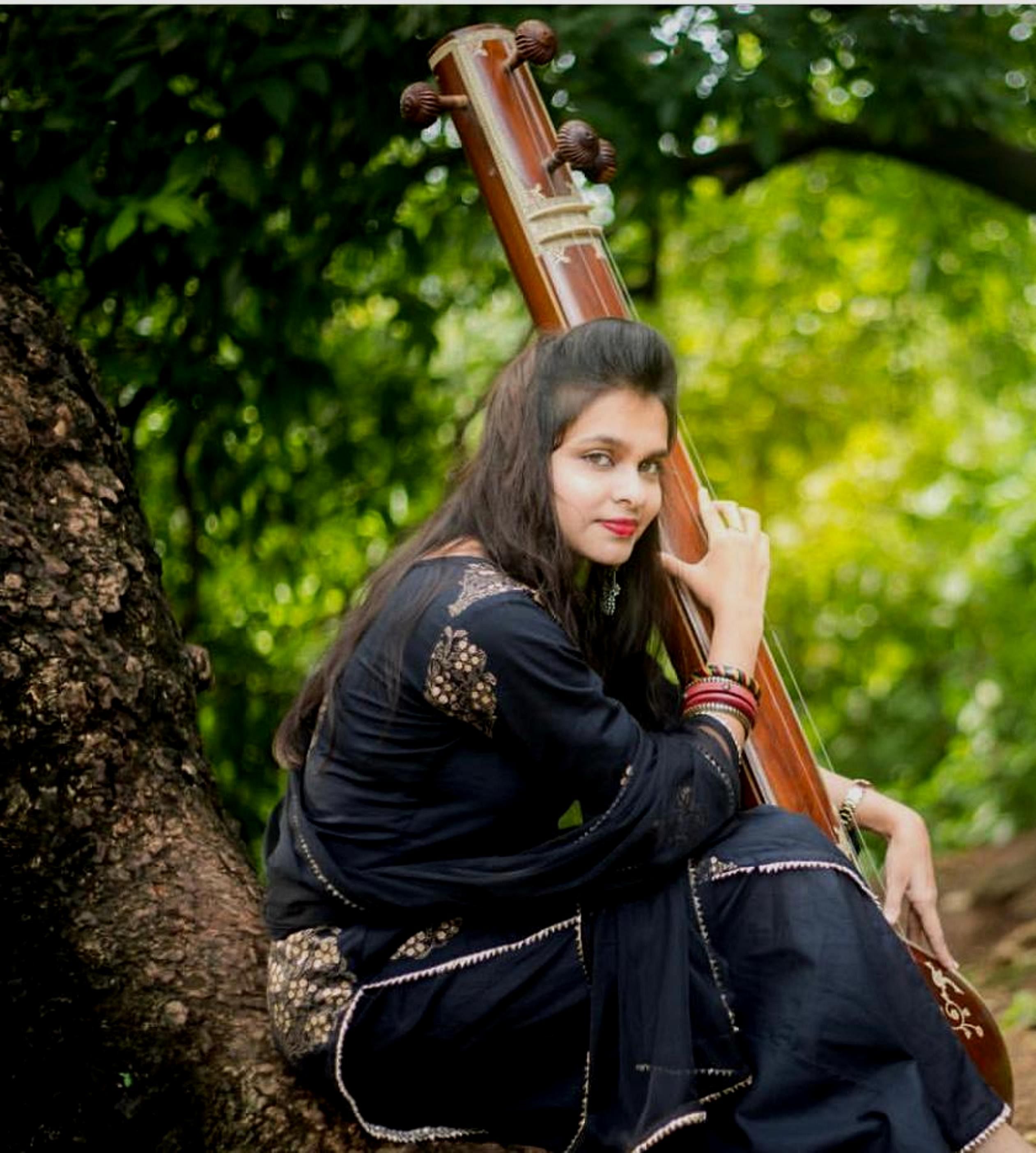Pooja Gaitonde, one of the most sought-after Sufi and ghazal singers of her generation, will perform at a concert, ‘Rangreza - Shades of Sufi Kalaam’, organised by Amore Music and managed by Pancham Nishadon on November 17 at Chowdiah Memorial Hall. She is trained under veteran vocalist, late Pandit SCR Bhat, Vikas Bhatwadekar and Ustad Rajkumar Rizvi. She has also trained under Ustad Ibrahim Durvesh to perfect her diction in reciting the Urdu prose and poetry. Pooja has also developed a concept called ‘Sufi Jazz’ with jazz veteran Louis Banks, with an aim to make Sufi popular among youngsters. In a chat with Metrolife, the singer talks about her maiden performance in the cityHow did you get into Sufi music?At the age of 10, my mother enrolled me in classical music classes and classes for old Hindi classics from Vikas Bhatwadekar. When he heard my voice, he told me that it is well suited for ghazals and Sufi. I think that is when I decided to turn my passion into my profession. Six years ago, I performed at a concert called ‘Rangreza’. It was my first Sufi performance.What do you think of the Sufi music culture in Bengaluru?There are two aspects. One, the younger generation is starting to enjoy this genre. It is starting to trend. This is aided by the fact that the genre is being incorporated in Bollywood movies. No one knew about ‘Bhar Do Jholi’ until it was released as a song in ‘Bajrangi Bhaijaan’. The same is for ‘Mere Rashke Qamar’. The best thing about Sufi music is that it connects with all age-groups because it is rhythmic, soulful and poetic. Very few know what ‘Dama Dam Mast Qalandar’ means, or who wrote the lyrics originally, but people connect with it and enjoy it. It has some kind of divine power. What is this power?Music in itself has divine power. When on stage, I am a different person. The vibe that is created musically, doesn’t matter. There is a word, called ‘Wajd’ in Urdu, which means passion. It is about getting into the groove and losing yourself in it. When one sings Sufi songs, they tend to sing it full-heartedly; it is about conveying the feeling, but not about maintaining the tempo or ‘raag’ and ‘taal’.Who is your inspiration?I look up to Ustad Nusrat Fateh Ali Khan, Begum Abida Parveen, and my guru Ustad Munnawar Masoom.Sufi music is said to be ‘a conversation with God’. What is your take on this?It is a connection of the soul with God. In spirituality, the soul is considered to be feminine, while God is masculine. After death, the soul merges with the Almighty, and this is called ‘marriage’. Sufi music is based on this idea. The guru is the medium through which we can reach the divine power. Is it a male-dominated industry?I think it is a myth that it is male-dominated. People are changing their mindset now. Where do you see Sufi music standing in today’s world where pop and rock music is popular?People think it is a beautiful form of music, but they don’t know anything about it. They think of it as an elevated form and inaccessible, which is not actually true. It is the singer’s responsibility to make Sufi accessible to all. ‘Bollywoodisation’ of many songs has helped with this.Do you see many youngsters coming to these concerts? People are starting to. I got a great response to Sufi jazz. My aim is to get youngsters to come to these shows. It doesn’t matter if people don’t know the actual meanings or misunderstand them, but it doesn’t matter.This is your maiden performance in Bengaluru. How do you feel?Music is all about connecting souls and I have heard so much about the city’s rich musical culture. I am very excited.
